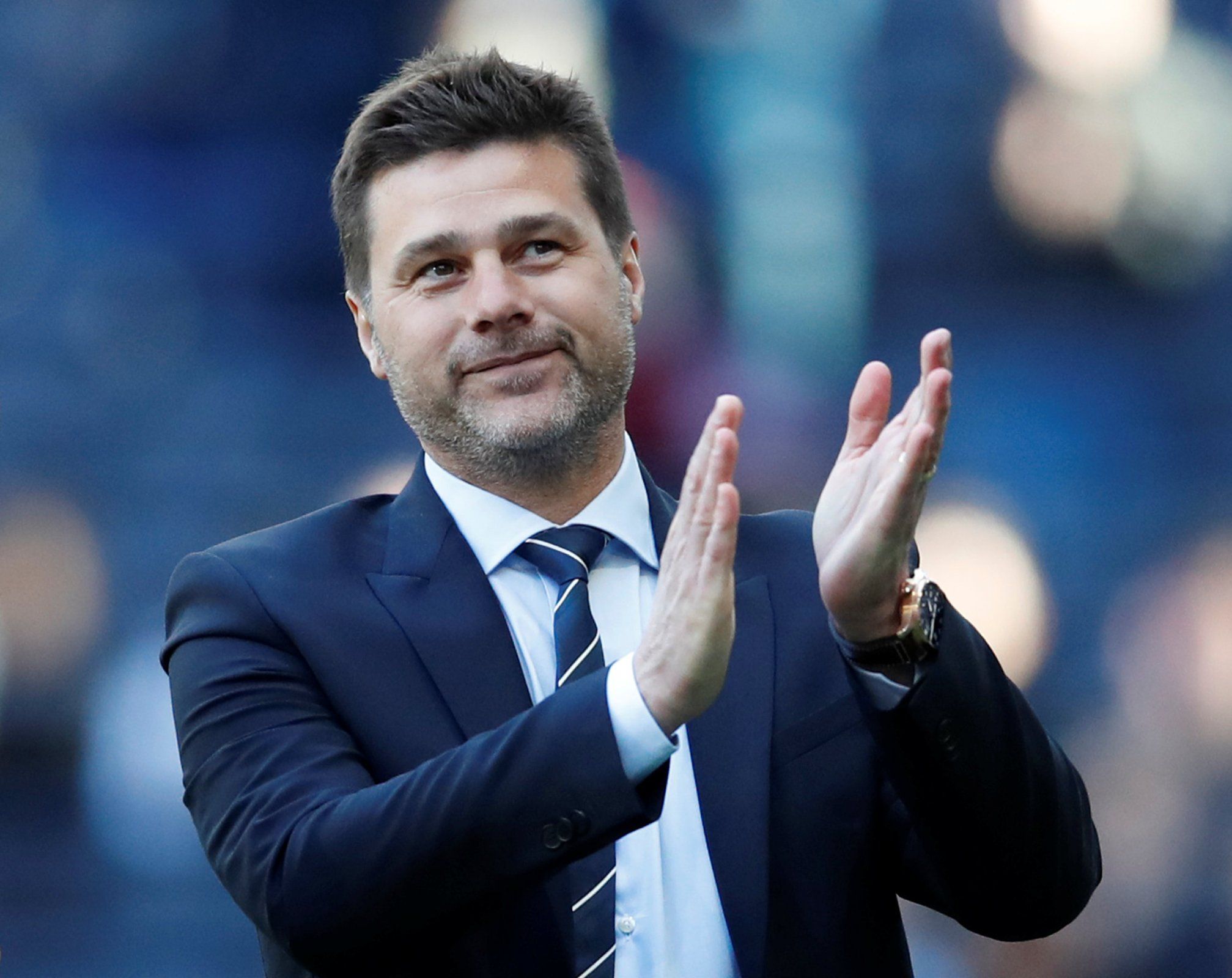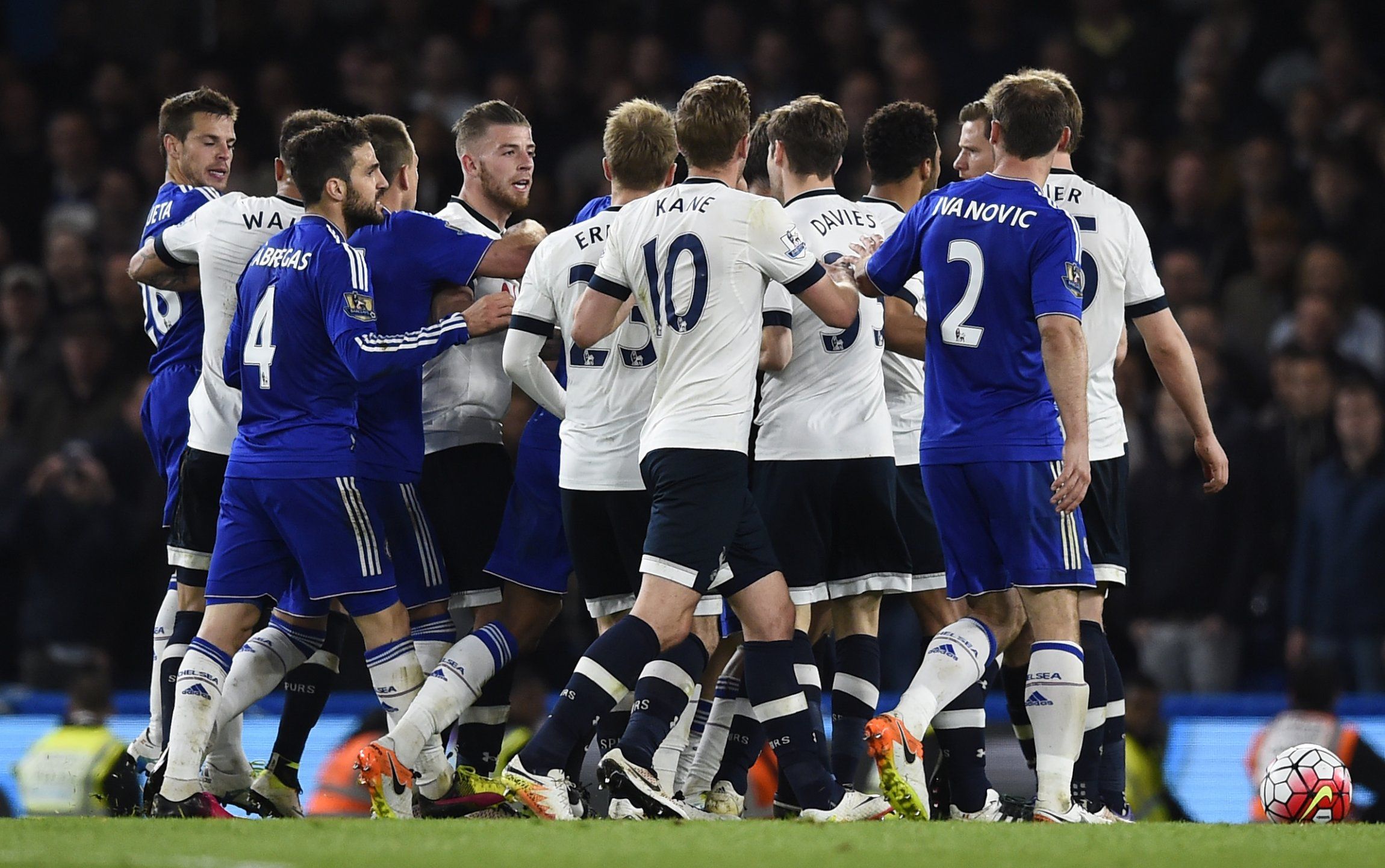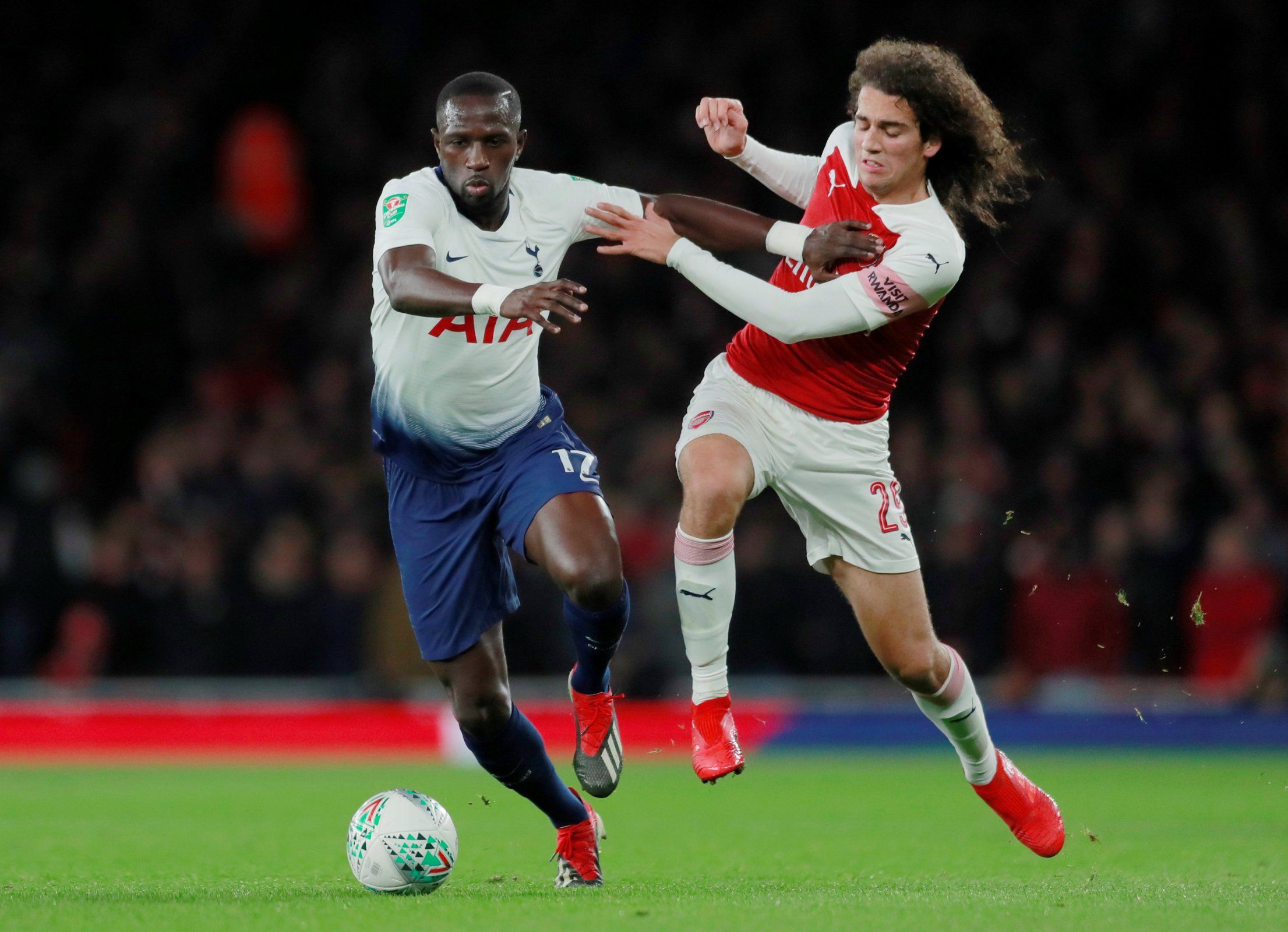[ad_pod ]
Since taking charge of Tottenham in the summer of 2014, Mauricio Pochettino has transformed the club from one lurking on the periphery of European football to an established Champions League outfit. Aside from his inaugural season in charge of Spurs, the Argentine has secured participation in Europe’s elite knockout competition for the previous three seasons and is poised to extend that sequence to four consecutive campaigns.
Most notably, the north London side have matched, and in some instances, bettered the attainment of divisional rivals, despite operating with limited financial weaponry relative to the most successful teams in the league. Tottenham’s decision to avoid signing recruits in the last two transfer windows has been well-documented, but their transfer dealings over the previous five seasons demonstrate that the club needs to offshoot unwanted players before investing in the squad.
During Pochettino’s tenure as Tottenham manager, the club have recorded a net spend of £28.25M, producing transfer profits in the 2015/16 season and the current 2018/19 campaign. By contrast, during the same period, Manchester City have recorded £563.24M, United aren’t far behind with a net expenditure of £484.28M, with Liverpool (£193.58M), Chelsea (£205.66M) and Arsenal (£260.62M) achieving similar net spends.
While considering the financial limitations imposed on Tottenham, the achievements of Mauricio Pochettino in transforming the calibre of his club is brought into sharper focus. This is exemplified by the fact that Spurs recorded a positive net spend in the 2015/16 season and continued to push Leicester City in a fiercely contested battle for the title.
Finishing second during the 2016/17 season, or even the act of continuous Champions League involvement becomes even more impressive, given the enormous gulf in financial resources between the division’s most competitive teams. While every club can make ill-informed purchases, investment, particularly shrewd investment, tends to induce favourable improvements on the pitch.
Accordingly, Tottenham have achieved when their finite financial power suggests they’re incapable of emulating or even bettering the performances of their rivals. For the previous two seasons, Spurs have finished above Arsenal, even Chelsea last season, and they continue to lead the way this term, albeit by a marginal point. Their ability to challenge at the summit of the Premier League is a testament to the exceptional man management and tactical nous of Pochettino, who has crafted a well-balanced team, characterised by flair and creativity.
To his credit, the former Southampton manager has established his rendition of free-flowing expansive football, one that has borne fruit given the club’s recent transformation. Similarly, his man-management powers, a cornerstone of his managerial skill set, has been integral. Notably, he has revolutionised Moussa Sissoko from an effective bit-part player to an integral component of their midfield, a player who demonstrates undiluted tenacity and an undying work rate.
Additionally, another commendable facet of his managerial profile is the perceptible trust and willingness to integrate young players. At the end of January, Tottenham were ranked as the fifth best Premier League team for entrusting young players, with Pochettino awarding 4083 minutes to players under the age of 22.
Spurs demonstrate a commendatory approach to youth integration, and they possess an established contingent of English players (nine Englishmen, six of whom are internationals, have played in the Premier League for Spurs this season). Resultantly, it has led to a palpably positive portrayal and coverage of the club within the footballing media which, in many ways, has been counter-intuitive to both Pochettino and Spurs.
Having only begun to affirm their status as a recognised Champions League team, talk of the elusive trophy continue to echo, and it has been dubbed by certain media personnel as a prerequisite for the continuation of the club’s progression. Dimitar Berbatov told Sky Sports "Spurs need to win something in order for him to stay - it is the only thing missing”, while Jack Pitt-Brooke wrote, “Mauricio Pochettino misses the point to dismiss winning a trophy as an ego-trip - Tottenham fans are entitled to feel aggrieved.”
Crucially, and most Tottenham fans can attest to this, the weight of expectation bestowed on the shoulders of Pochettino, the obsession with the elusive trophy, has predominantly been media-induced. Most Tottenham fans can appreciate the restrains in which the 47-year-old operates under, and yet he succeeds in producing the desired results. Naturally, every supporter cherishes success, ultimately, it’s the lens in which the game is viewed through, but Tottenham’s inability to win a trophy doesn’t delegitimise or depress Pochettino’s achievements, especially when accounting for the club’s context.
Tottenham’s progression has been so sudden, and so dramatic, it has heralded unjust, and almost, unobtainable expectations when considering the club’s financial limitations. In the current circumstances, Pochettino is performing tremendously well at Tottenham, exceeding all anticipations that were set when he took the job almost five years ago. Yet, for an industry that is solely reliant on garnering attention, ceaseless clicks and controversy on the go, you sense Pochettino, and in turn, Tottenham will never be truly appreciated until they win a trophy.



